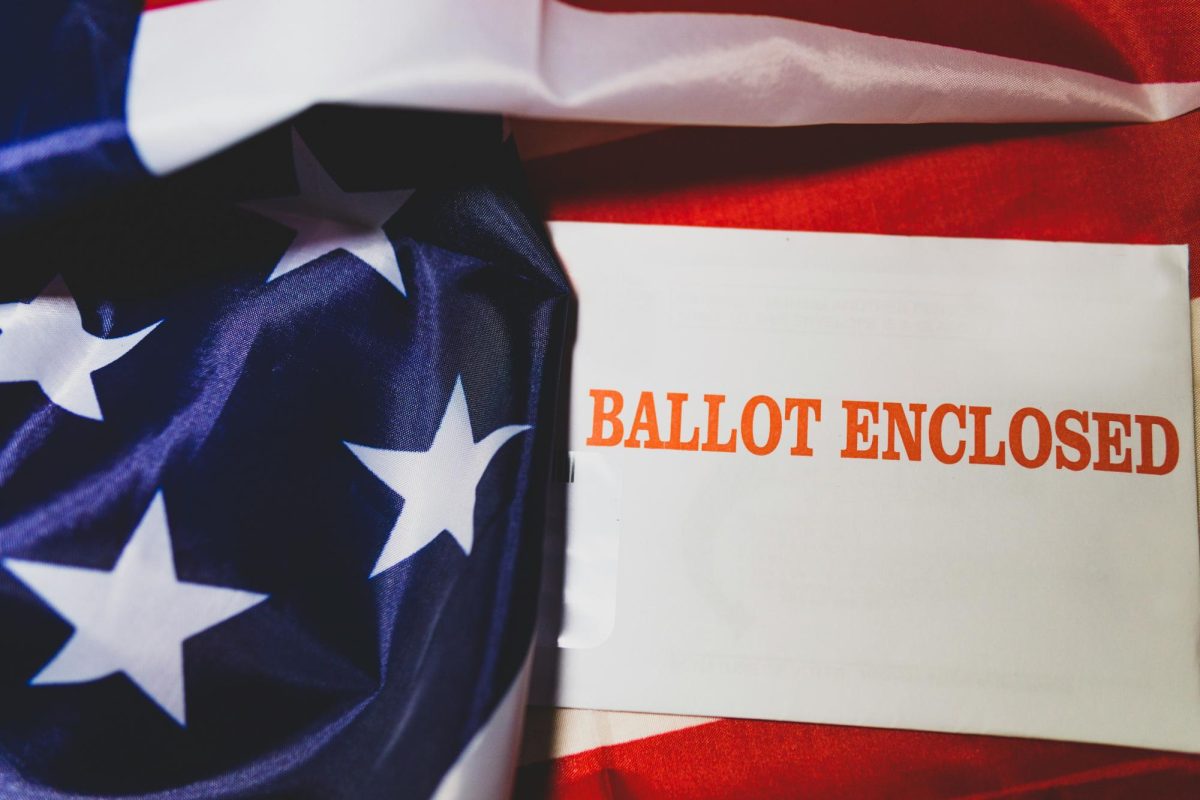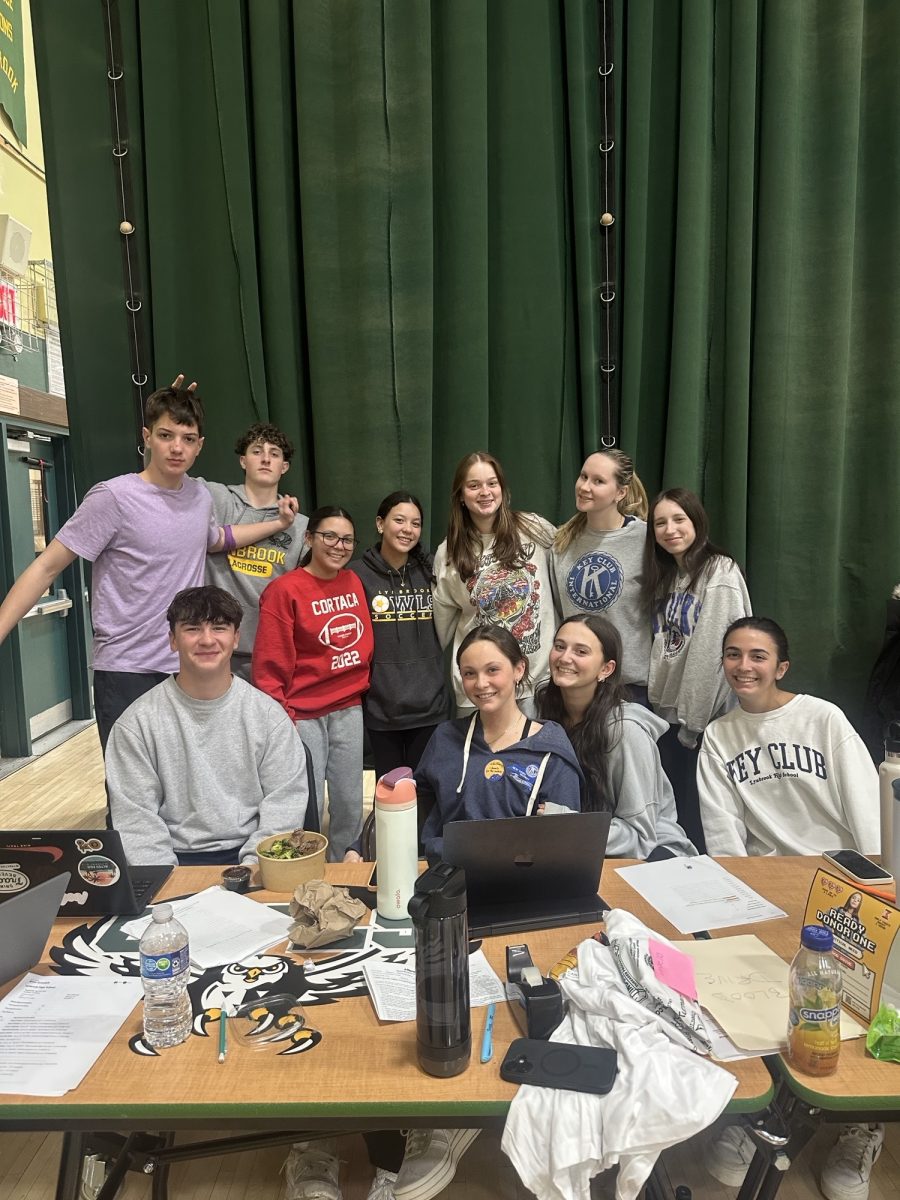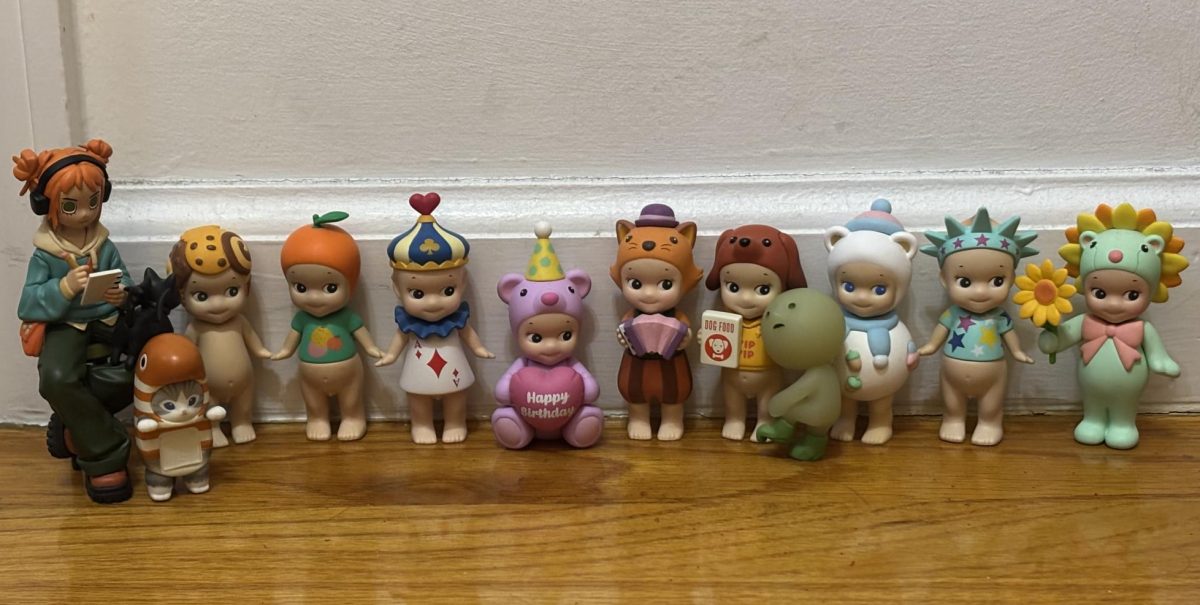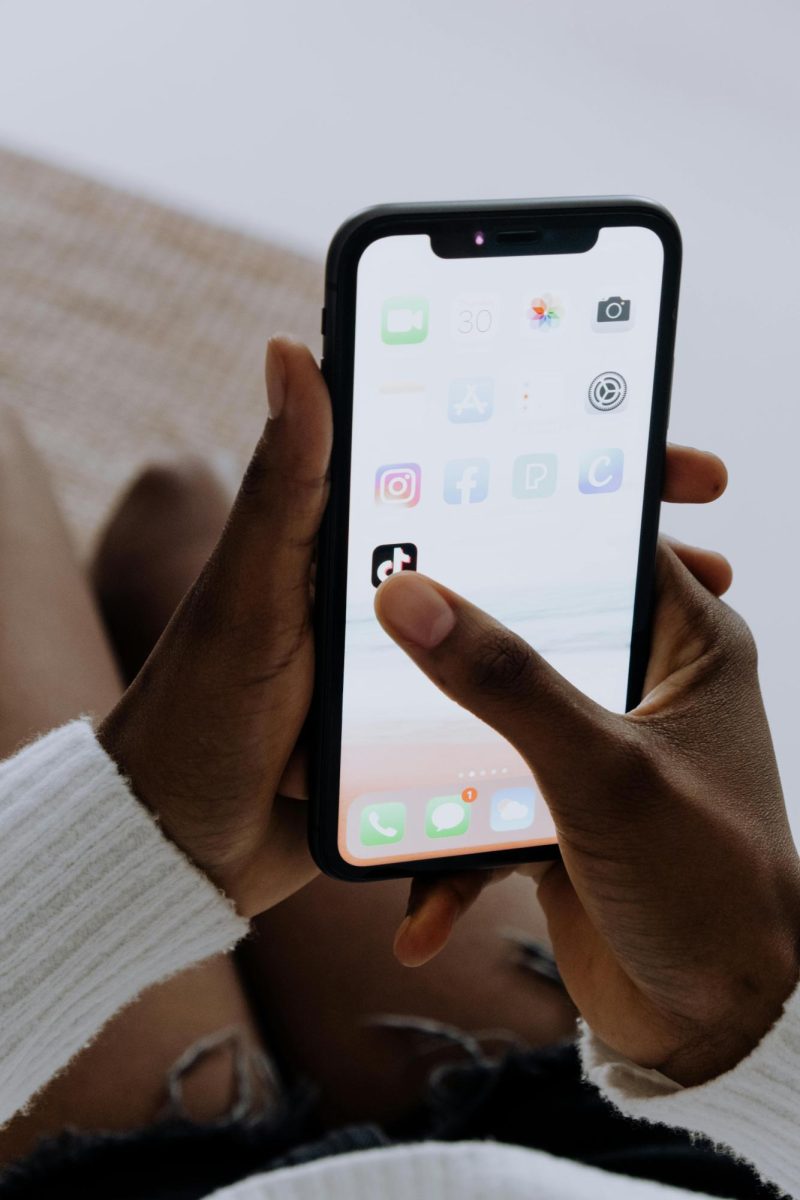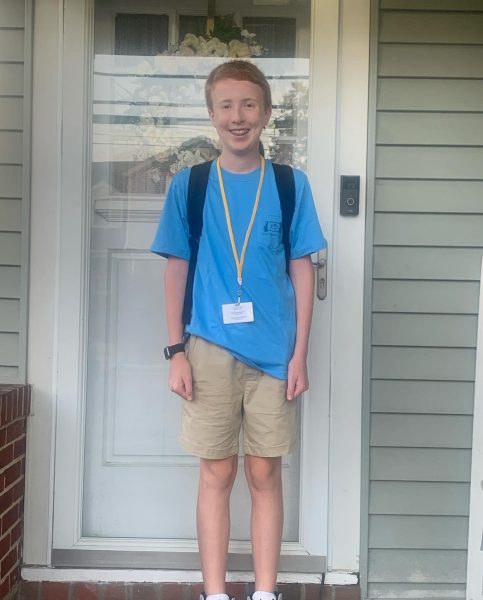Thirteen states, including California, North Carolina, and Texas, held their primary elections on March 5. Recognized as “Super Tuesday,” this day is the largest for voting in the United States up until the Presidential Election in November.
Prior to Super Tuesday, Republican former-President Donald Trump was up in the polls, in some cases by wide margins. His opponent, Nikki Haley, was not going to let that stop her. Haley’s campaign was focused on the fact that if Trump was not getting up to 40% of the vote, that 40% of Republicans did not want him in office. Haley wanted to be the alternative in the primary elections.
When the polls started to close, it was noticeably clear that Trump would have a clean sweep; he had won every state except for one, Vermont. The Trump Campaign received a total of 848 of the 856 delegates up for grabs that evening.
Trump’s big win on Super Tuesday left many people speculating what was in store for the Haley campaign. Haley had received only 91 delegates across all the primaries that had been held so far; Trump was only a couple delegates away from winning the Republican nomination.
The day after Super Tuesday, word spread that Haley was going to make a big announcement regarding the status of her campaign; she announced her withdrawal from the campaign. According to ABC News 7 Chicago, Haley expressed she had no regrets and that she will “not stop using her voice for the things she believes in” (abc7chicago.com).
When asked about how the primaries affect the voter turnout in the presidential election, freshman Joseph Wolk responded, “I think that whoever gets voted in is a make or break for this country. The primary this year will be important for strengthening the nation. I agree that this primary is more important than the election and that is because if there is no one in the public’s interest then no one is showing up to vote.”
Senior Alayna Matern added, “I think the results from the primary election can have a significant impact on voter turnout. I think voter turnout will increase due to media hype, voter education, and excitement. The primary election is broadcasted online and on news stations, and it creates a lot of interest and enthusiasm for the presidential election.”
Social studies teacher Micheal King explained his perspective on the outcome of this year: “Super Tuesday is usually one of the most important days in a presidential election year. It is typically a ‘do or die’ affair where campaigns are either given a burst of life or forced to shut down. This year was different. Usually, the candidate of the incumbent party (this year Joe Biden) does not face much of a primary challenge, and this year was no different. Biden faced no serious opposition, but this year was the odd circumstance of having almost two ‘incumbents’ in that Trump was also recently president. We have not had an instance of a former president challenging an incumbent president in 130 years since Grover Cleveland did it. So, Trump really did not face much of a serious primary challenge either, and, therefore, Super Tuesday this year was not particularly ‘super’ at all.”
Super Tuesday has always been a big day in American politics, but this one might have just set up the rematch between Joe Biden and Donald Trump.
















